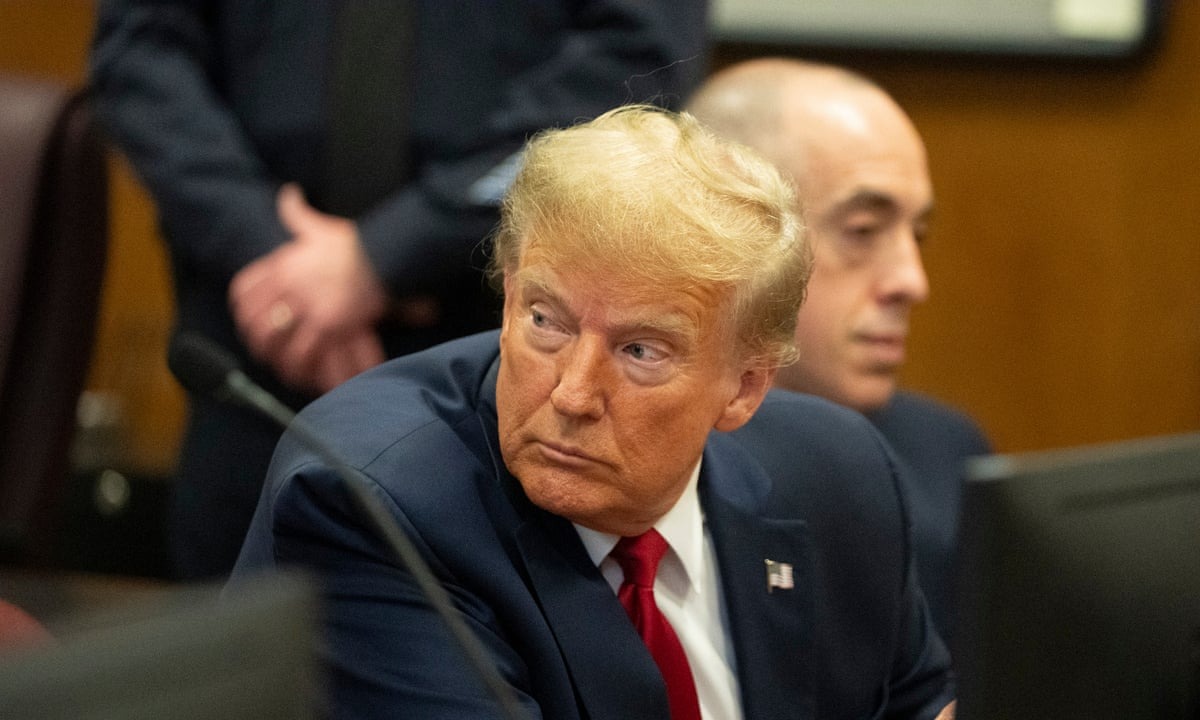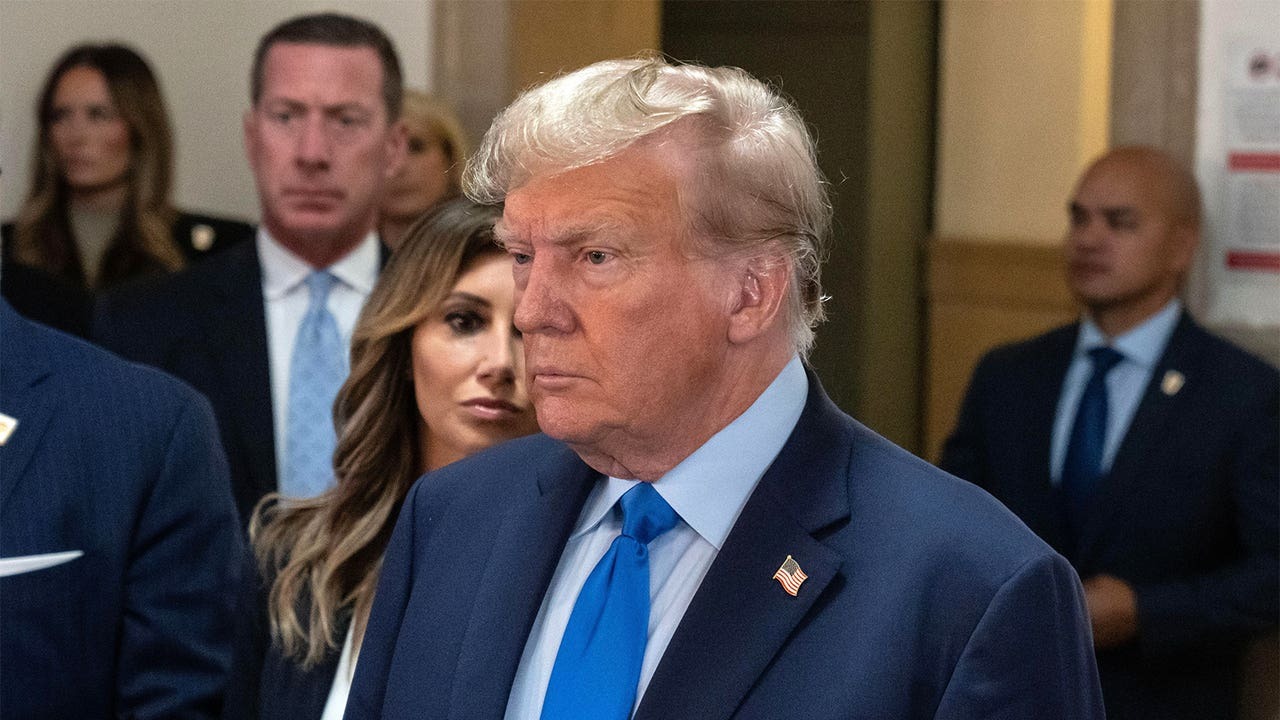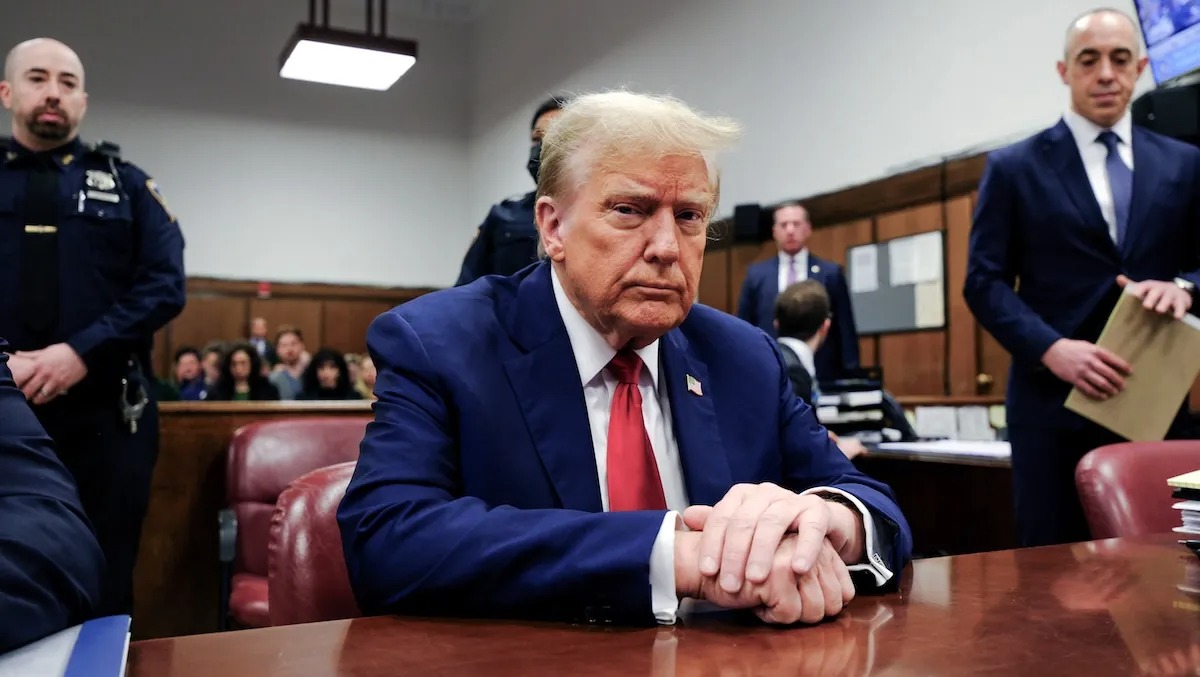Former President Donald Trump, in a recent interview with Time magazine, outlined plans for mass deportations of undocumented immigrants if he were to secure a second term in office.
Trump indicated that he would utilize local law enforcement, the National Guard, and potentially the U.S. military to carry out this effort, emphasizing the need for law and order in the country.
Trump suggested that the National Guard would play an important role in enforcing immigration laws, citing the need to address issues of illegal immigration.

Donald J. Trump (Credits: The Guardian)
When questioned about the legal implications of using the military for such purposes, Trump asserted that individuals not legally present in the country do not fall under the category of civilians, thus justifying their involvement.
The Biden campaign swiftly condemned Trump’s remarks, characterizing them as troubling and dangerous. Representative Veronica Escobar criticized Trump’s proposed policies, particularly his intention to use the military and law enforcement to enforce immigration measures, which she deemed anti-American and ineffective.
Trump referenced previous instances where the National Guard was deployed, such as in Minneapolis in 2020 during protests following George Floyd’s death. However, it’s worth noting that it was the Democratic governor of Minnesota, Tim Walz, who activated the National Guard in response to the unrest.
In addition to utilizing local law enforcement and the National Guard, Trump expressed a desire to grant special immunity to police officers involved in immigration enforcement activities. He proposed providing funding incentives for police departments to participate in deportations, acknowledging that some may choose not to cooperate.
Despite the potential legal challenges and opposition from Democratic-led states and municipalities, Trump remained resolute in his plans for mass deportations. He hinted at the possibility of building mass detention centers to facilitate this process but emphasized his intention to prioritize swift deportation.

Donald J Trump (Credits: Medpage Today)
Trump’s immigration policies are likely to face legal scrutiny, particularly given his track record of controversial executive actions and policies. However, Trump expressed confidence in the Supreme Court, where he appointed three conservative justices during his presidency, signaling his belief that his policies would withstand legal challenges.
While Trump’s first term in office also saw promises of mass deportations, the actual numbers fell short of expectations compared to the previous administration. Nevertheless, Trump’s administration implemented measures like Title 42 during the COVID-19 pandemic, resulting in the expulsion of millions of migrants seeking asylum.


























